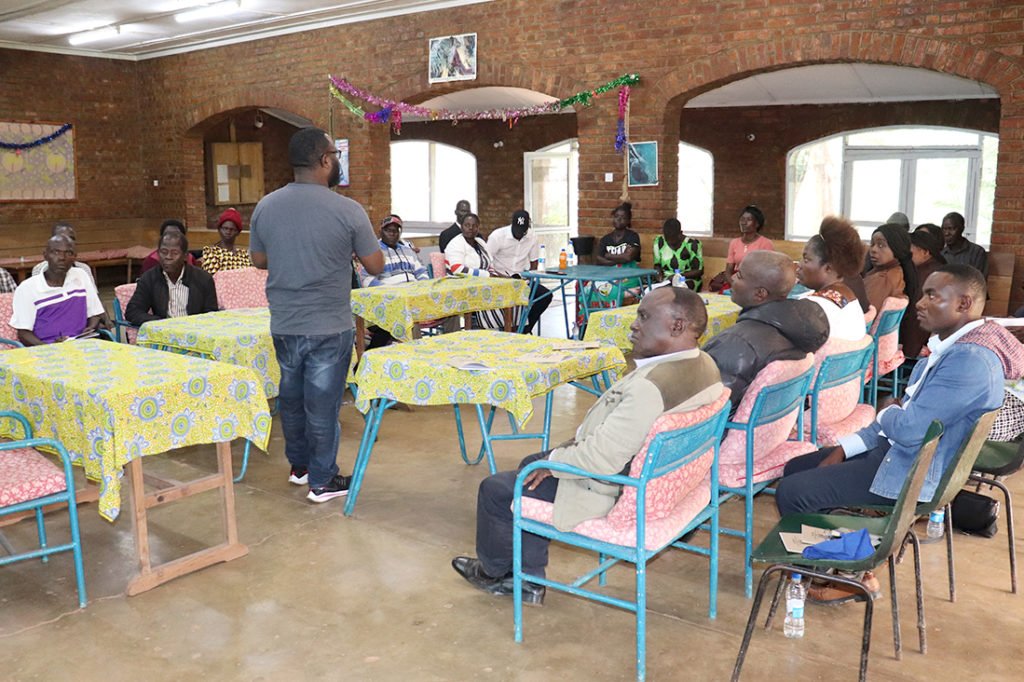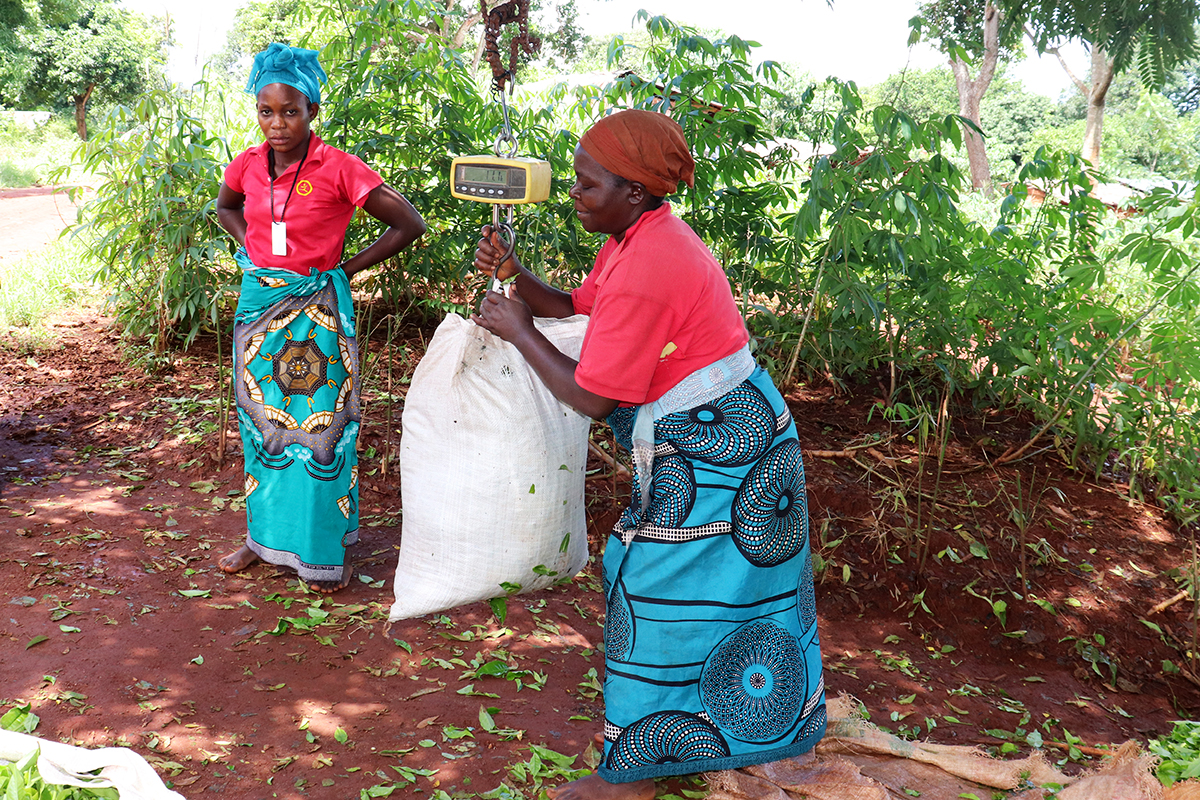Issues of gender equality are not isolated and often rear their heads in sector-based operations. To provide suitable interventions that create safer workplaces and encourage productivity for all, an understanding of gender dynamics is essential. This includes an acknowledgement of how existing gender relations limit, and sometimes threaten, the collective development of both women and men.
After allegations of sexual harassment were made against the Malawi tea sector to the International Labor Organization (ILO) in 2021, the Tea Association of Malawi (TAML) found itself needing to intervene. This threatened TAML’s compliance to ILO standards and initiated the process of illuminating sexual harassment cases in the tea sector.
Through its RECLAIM Sustainability! programme, Solidaridad supported TAML with carrying out training sessions for the Gender, Harassment and Discrimination committee (GHDC), Women Welfare Committee (WWC), Plantations Agriculture Workers Union, Management Assess, Address and Grievance committees. The aim of the sessions was to address the knowledge gap and propose reporting mechanisms in the event of a harassment incident.
Developing structures to effectively deal with gender issues
Through The Malawi Tea 2020 Revitalization programme, part of RECLAIM Sustainability!, the Tea Association of Malawi developed a gender equality, harassment and discrimination policy to help workers identify sexual harassment behaviors at the workplace. The policy also outlines reporting and handling mechanisms in case of sexual harassment. Two key industry structures were established to help create awareness and to handle sexual harassment issues across the tea estates:
- Gender, Harassment and Discrimination Committee (GHDC)
- Women Welfare Committees (WWC)
These structures make it possible to highlight the sexual harassment issues that exist in the tea sector.

Raising awareness of sexual harassment in the workplace
A total of 646 estate workers received the training, increasing awareness of sexual harassment issues among the participants. This has helped the committees learn how to respond to cases effectively, thereby helping the tea sector with achieving its zero tolerance culture for sexual harassment.
The training covered:
- defining and understanding what harassment is in all its forms
- what a hostile work environment is
- impact of harassment in the workplace
- examples of conduct that can lead to harassment or create a hostile or unwelcoming work environment
- what to do if you witness harassment at work
- how to report harassment to the employer
- who to contact to file a complaint.
Through the training, it became apparent that there was a need for frequent sessions to address gender issues in the context of existing gender structures. The RECLAIM Sustainability! programme aims to continue supporting such structures to effectively perform their mandate. It will support the implementation of gender activities by various partners working in the tea sector, to ensure activities have a lasting legacy and that women who work in the rural context are protected in their endeavor for economic productivity.

